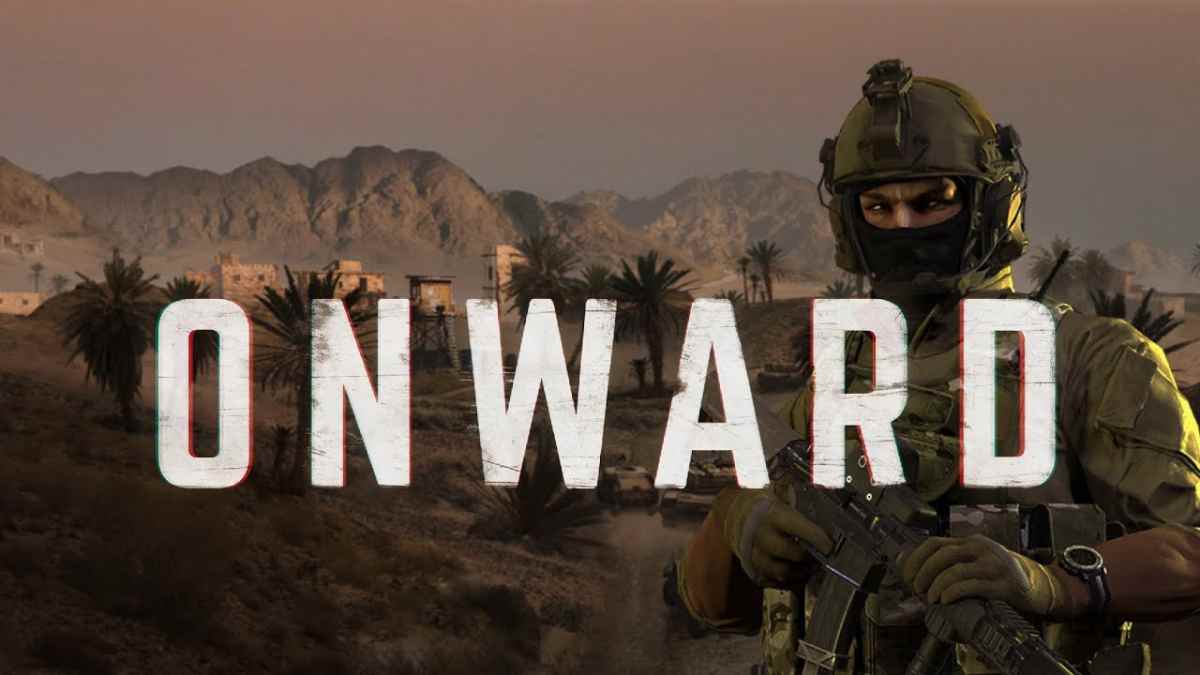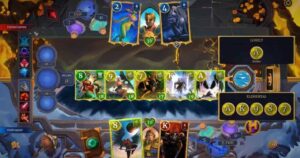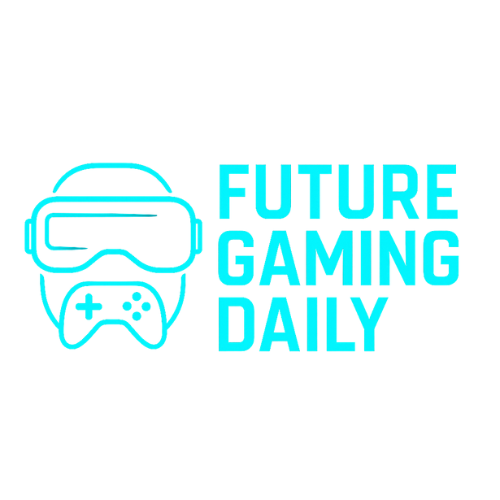Onward has been a quiet fixture in the VR shooter space since its early days on PC VR, later making the jump to Quest. But after years of updates and slow evolution, the team behind the game has now been shuttered by Meta.
The timing is significant. The decision came shortly after a major update, suggesting it was a planned sunset rather than a sudden shift. The game still exists, but it’s entering a very different phase.
The last major update drops, then the team disappears
The final update brought a few noticeable changes. Most of it was cleanup—visual improvements, bug fixes, some UI tweaks. Enough to stabilize the experience but not enough to signal any big pivot or relaunch.
Within days of that patch going live, the development team was disbanded. Not rolled into another project. Just gone. This isn’t a case of ongoing live support moving to a different group. It looks like true finality for the game’s active development.
Onward’s place in the VR shooter space
Onward had a unique position for a while. It leaned more tactical than Pavlov, more grounded than Contractors, and tried to walk the line between mil-sim mechanics and Quest accessibility.
But that space has tightened. New shooters have arrived with more polish or more flash. And Meta’s attention seems to be shifting elsewhere. The game was once part of the pitch for “real shooters in VR,” but it never got the full support to evolve past that first impression.
Signs this was coming
For a while now, Onward updates have been sparse. Feature requests from the community piled up. Performance issues on Quest weren’t fully addressed. PC VR players felt sidelined after Meta acquired the studio behind it.
What just happened isn’t shocking. It’s more like confirmation of what players already suspected. The roadmap quietly vanished months ago. Communication slowed. The writing was on the wall.
The game isn’t going offline—yet
Despite the team’s shutdown, the game itself isn’t being pulled. Servers are still up. The recent update likely ensured some level of playability going forward.
But without an active dev team, that status is fragile. Bugs won’t get fixed. Balance won’t shift. Cheating, if it returns, won’t be patched. It becomes more of a static artifact than a living game.
What it says about Meta’s VR priorities
This move fits into a broader pattern. Meta is tightening its focus, and VR titles without strong growth or social traction are being phased out. It’s a shift from quantity to control.
For players, it raises questions about game longevity in the Quest ecosystem. When Meta owns the studio, owns the store, and calls the shots, even moderately successful games can be quietly frozen.
Looking ahead
For now, Onward becomes part of VR’s middle generation. Not dead, not active. Just there. A snapshot of where competitive VR once was—and maybe a caution about where it’s heading next.
Virtual Reality Explorer & Game Reviewer
Always the first to plug in. VRSCOUT dives head-first into the most immersive VR worlds, analyzing mechanics, comfort, innovation, and that elusive “presence” factor. If he says it’s worth it, it probably is.




